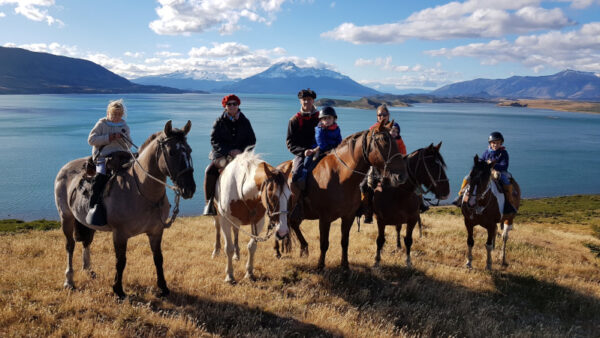
CSTA issues fact sheet to warn against buying non-registered grass seed.
At the request of some of its members, the Canadian Seed Trade Association recently developed a “Buyer Beware” fact sheet to its members regarding the purchase and sale of forage and grass seed in Canada.
Titled Buying Grass Seed? Buyer Beware: It’s the Law, the fact sheet is designed to help seed buyers ensure that the seed they are requesting and buying is legal for use and sale in Canada. Additionally, it helps to remind individuals and companies that sell seed about Canada’s law surrounding the selling of grass seed.
“Municipalities and cities often request specific varieties of grasses for parks and berms, and there’s often not a lot of understanding of the Seeds Act,” says Patty Townsend, CEO for CSTA. “Sometimes the municipality or city will release a tender requesting varieties that are not registered in Canada or they request varieties by name without knowing that the seed can’t be sold by variety name unless it is certified. We just want them to be aware of the law when they issue tenders and make purchases.”
Seed sold in Canada is governed by the Seeds Act and Seeds Regulations, which are both overseen by the Canadian Food Inspection Agency. Some grass seed varieties may not be imported, advertised or sold in Canada because they are not registered here, according to the buyer beware fact sheet. And while some crop kinds and types do not need to be registered to be sold, they are still subject to the Seed Act and Seeds Regulations, Townsend explains.
According to the CSTA fact sheet, “The Seeds Act and Seeds Regulations still have authority over the sale of seed of these crops in Canada. Plant breeders identify varieties, and the characteristics that they deliver, with a variety name. When you purchase seed labelled with a variety name, you should be assured that the seed is actually of that variety, and that it will deliver the attributes you are seeking. You should also be sure that the seed is being sold legally.”
Seed of these crops may only be labelled and sold with a variety name if it is graded with a Canada pedigreed grade name (e.g. Canada Certified No. 1): alfalfa, alkaligrass, bromegrass (all), canarygrass (all), clover (all), fescue (all), oatgrass, orchardgrass, ryegrass (all), sudangrass, wheatgrass (all) and wildrye (all).
“If you’re asking for a specific variety, the only way you will really know that it’s of that variety is if it carries a blue tag,” Townsend notes. The blue tag assures buyers that they are purchasing seed that can be legally sold in Canada. It also guarantees that the buyer gets what is on the label or what he or she is paying for.
“There have been some instances where our members have reported that they’re being asked to supply varieties not registered in Canada when registration is a requirement,” Townsend says. According to CFIA, supplying such varieties can lead to environmental consequences.
“The import, production and sale of unregistered varieties, even when not named as to variety, risks the introduction of plant varieties and plant genetics that might have negative effects on the Canadian agricultural system and the environment,” says a CFIA spokesperson.
Documented Cases
CFIA has documented recent cases of unregistered varieties being sold in Canada.
“The CFIA monitors seed imported into Canada and seed offered for sale in Canada for compliance with the Seeds Regulations, including compliance with the requirement for seed of crops subject to variety registration to be of a registered variety when imported or sold,” the spokesperson explains. “When a noncompliance is identified, compliance and enforcement action can include issuance of a warning letter, detention of the seed until the variety is registered or suspension of a registered seed establishment, depending on the compliance history of the importer or seller of the seed.”
Townsend adds the potential for both environmental and legal consequences is a major reason why the association is encouraging its members to be aware of the regulations — to ensure no illegal seed is requested by buyers. She says it’s incumbent on seed sellers to make their buyers aware that they can only sell seed that complies with the law.
“Communication is important,” Townsend says. “Seed companies have to make their buyers aware of the regulations under which they must operate.”
According to CFIA, there are no penalties for buying unregistered varieties of crops subject to variety registration. The penalties only apply those who import or sell unregistered varieties of those crops subject to variety registration.
All registered varieties are listed on CFIA’s website at inspection.gc.ca/english/plaveg/variet/regvare.shtml. Interested individuals can also download CSTA’s fact sheet at cdnseed.org.
Marc Zienkiewicz













